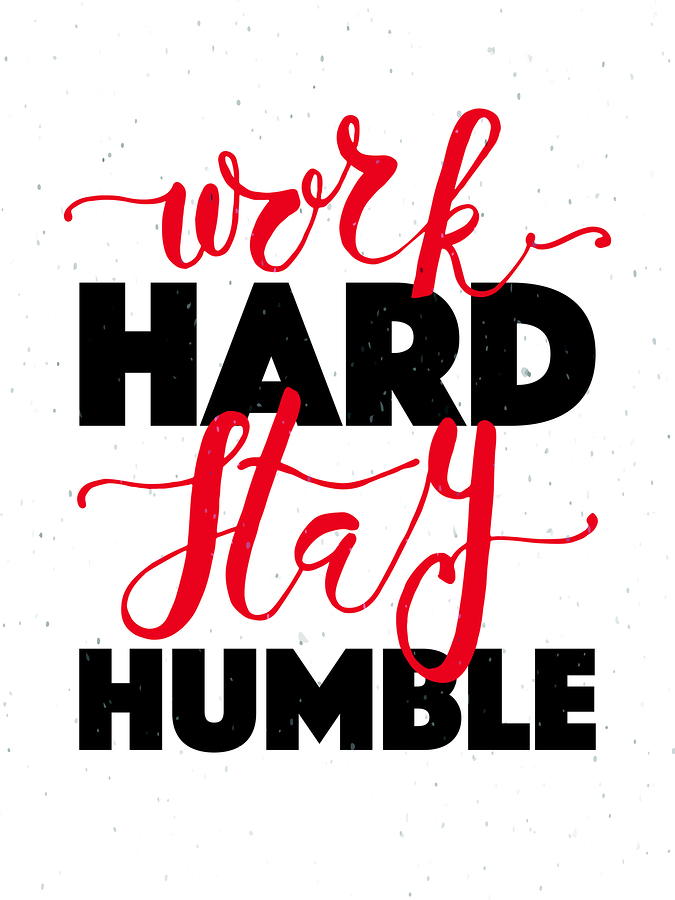 The ancient Greeks were concerned with the concept of “hubris”. In their dramas, those who believed themselves to be more important than others were headed for a colossal fall. Examples of hubris can be found in Sophocles’ Oedipus Rex, and Shakespeare’s Macbeth. Hubris is related to modern concepts like narcissism, and arrogance. It is exemplified in the lead character in “The Emperor’s New Clothes”, and in the biblical story of the fall of Satan. Contemporary examples might include Richard Nixon, Lance Armstrong, Madonna, and Justin Bieber.
The ancient Greeks were concerned with the concept of “hubris”. In their dramas, those who believed themselves to be more important than others were headed for a colossal fall. Examples of hubris can be found in Sophocles’ Oedipus Rex, and Shakespeare’s Macbeth. Hubris is related to modern concepts like narcissism, and arrogance. It is exemplified in the lead character in “The Emperor’s New Clothes”, and in the biblical story of the fall of Satan. Contemporary examples might include Richard Nixon, Lance Armstrong, Madonna, and Justin Bieber.
When self-esteem goes wacky, when an individual believes he/she is more important than the gods (or powers that be), when love of self is experienced as the only possible love, a fall from grace will surely follow.
Is this what happened with the Patriots in the Super Bowl game against the Eagles? When one examines the trio of Tom Brady, Bill Belichick, and Robert Kraft it would be hard to find self-deprecation within the group. It is a safe guess that even among the most devoted fans there would be a dearth of sympathy for these powerful men of football.
The Eagles, in the position of underdog really had nothing to lose. Each successful play was bathed with a certain glow as they beat the Patriots. The Patriot’s penchant for coming from behind to win seemed to seal the victory until it didn’t. Eagles fans everywhere were over the moon that this team that had never before won the Super Bowl actually defeated a team with multiple wins under their belt.
There is popular understanding that teaches the wisdom of living under the radar. This belief most likely goes back to the perceived axiom of the ancients that mere mortals were well off to avoid stirring up envy among their multiple gods. The accepted hierarchy is echoed today in hospital, financial and political settings.
Self-confidence is an attribute. Self-aggrandizement, dangerous. Among those who study human behavior, there is a consensus that under the arrogance lies the shame. If an individual is so fearful of his/her own vulnerabilities that there is denial that said deficiencies exist, then nothing is done to strengthen the person or situation. In such cases the “cancer” spreads over time.
This weak spot allows the so-called underdog to prevail in a challenge. Where is the weakness in the fortification? What is the blind spot? This brings into focus one of the most salient traits that the dark horse must have in his/her arsenal. Whether determined by intellect or intuition, to win, a team must understand where to focus their energy.
Creativity, looking at a situation from an uncommon point of view, allows for a change in outcome. While the opponent is busy doing whatever he/she does, a little surprise just might tip the balance.
A challenger must have some belief that it is possible to prevail. Belief, not blindness, is the force that powers the engine over the goal line. The challenger must ignore the so-called odds and boasts of strength. A perfect example of this is the bible story of David and Goliath. Chose a slingshot that can defeat the power of the so-called favorite.
The underdog simply must try harder. While number one may, unwittingly, allow for some slack, that is not an option for the challenger. The champion may become rigid in point of view and willingness to experiment. The challenger must maintain flexibility and an openness and willingness to experiment if there is an opening.
If the challenger believes that anything is possible, that just may become a self-fulfilling prophecy. All of this holds true for everyday life as well. Look for the solution that may not be obvious. A mind that is free to imagine is the one that comes up with new cures for disease and can lead a group (any group) into a better way to achieve desired goals.
A perfect example of this are the brave souls who challenged the tobacco industry. In 1953, Reader’s Digest published an article entitled: Cancer by the Carton. Tobacco consumption dropped precipitously. Years passed before smoking was banned in public venues, but a once unstoppable lobby was weakened when Roy Norr, the author of said piece, discovered an approach to the general public that was understandable and logical.
Numbers of individuals become excited when the underdog wins. The thrill of the unexpected often ignites the hope that dreams can come true. A chemical in the brain, oxytocin, allows the enthusiasm for the unexpected accomplishment to become contagious. With the prevalence of social media, uncountable numbers of individuals are open to this type of transmission and contagion. Furthermore, the giddiness that accompanies an unexpected win continues in the retelling long after the event has ended. Storytelling is one of the fundamental approaches to teaching and these stories are fun and exciting to tell.
In the movie, Rocky, Sylvester Stallone’s Rocky Balboa is an emotionally popular figure. The significance of the Philadelphia Eagles celebrating on “Rocky’s” Steps (the Philadelphia Museum of Art) undoubtedly added to the drama and excitement of the win.
There is mathematical proof that the odds against the underdog are not so bad. In fact, the favorite only wins 66% of the time. This leaves a whopping 34% up for grabs. The average person identifies with the underdog and, for a while, gets to feel like a champion.
The lessons in all of this are not new. Make a commitment, work hard, express your individuality (you may be called crazy), know in your heart that it’s not over until it’s over. In the musical play Damn Yankees, a down at the heels baseball team just want to beat the Yankees. The team manager leads his players in a song You Gotta Have Heart. The message: Having “heart” means having optimism and faith. Not a bad formula.
Elements of an Upset: What it Takes to Win as an Underdog. (n.d.). Retrieved February 11, 2018, from theloomisagency.com
Foster, D. (n.d.). The Power of the Underdog. Retrieved February 11, 2018, from believe perform.com
Grath, A. (2012, July 9). Malcolm Gladwell Explains Why Underdogs Win an Astonishing Amount of Time. Retrieved February 11, 2018, from businessnsider.com
Meacham, M. (2015, May 3). The Psychology and Neuroscience of the Underdog Effect. Retrieved February 11, 2018, from learningtogo,info
The Patriots Have a Glaring Weakness. Can Nick Foles and the Eagles Exploit it? (2018, January 22). Retrieved February 11, 2018, from bestoflifecentral.com
The Perils of Ignoring History Big Tobacco Played Dirty and Millions Died. (2003, March). Retrieved February 11, 2018, from ncbi.nim.nih.gov
Wertheim, L. J., & Sommers, S. (2016, March 15). The Eternal Appeal of the Underdog. Retrieved February 11, 2018, from nytimes.com
About the Author

Ruth Gordon
, MA/MSW/LCSWI bring with me +30 years of experience as a clinician. My Masters degrees are from: Assumption College, Worcester, MA, Master of Arts in Psychology & Counseling/ and Boston University School of Social Work, Boston, MA, an MSW in Clinical Social Work. This is the 11th year I have written a monthly newsletter that is sent to approximately 500 individuals. The archive can be found on my website, www.foreverfabulousyou.com.
Office Location:
The OC Building, 11983 Tamiami Trail, N., Naples, FL 34110
Naples, Florida
34110
United States
Phone: 239 293-4314
Contact Ruth Gordon
Professional Website:
www.foreverfabulousyou.com